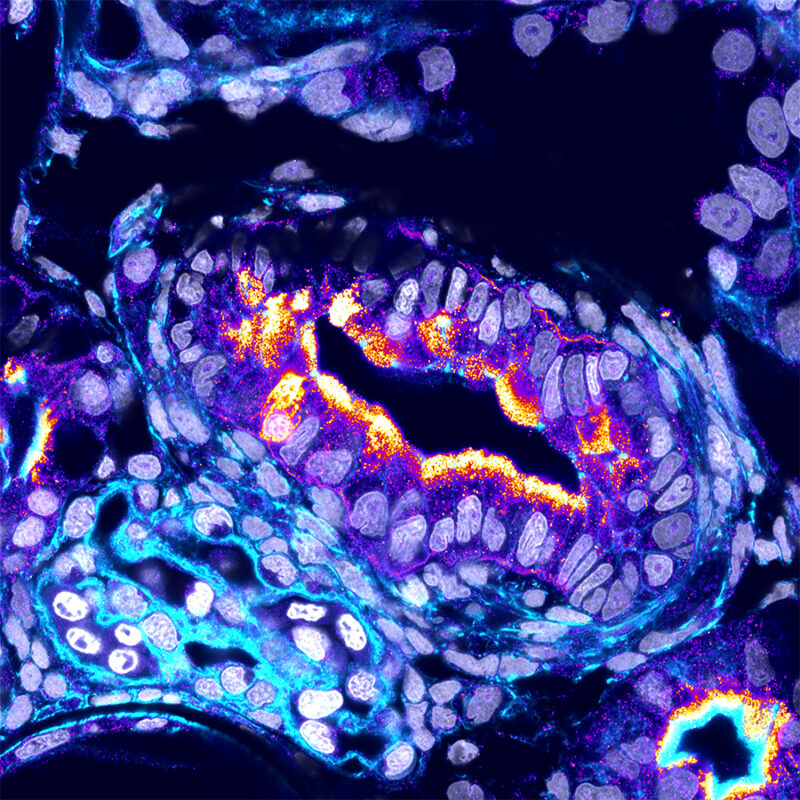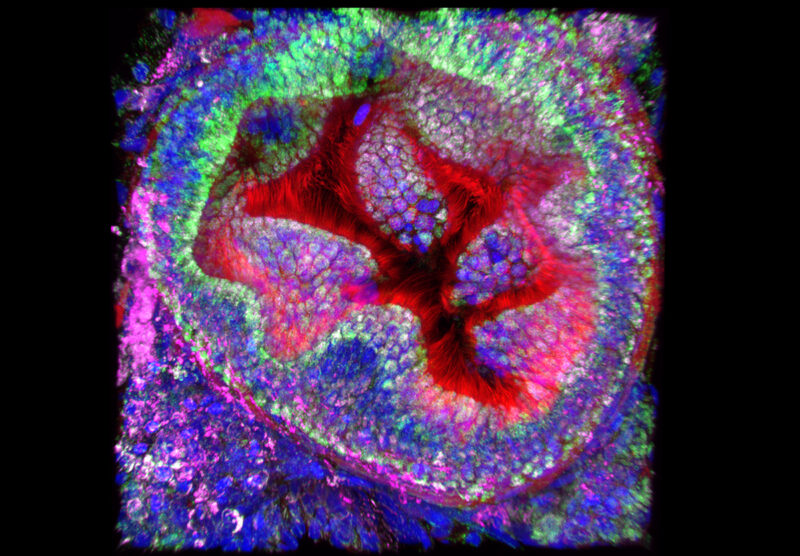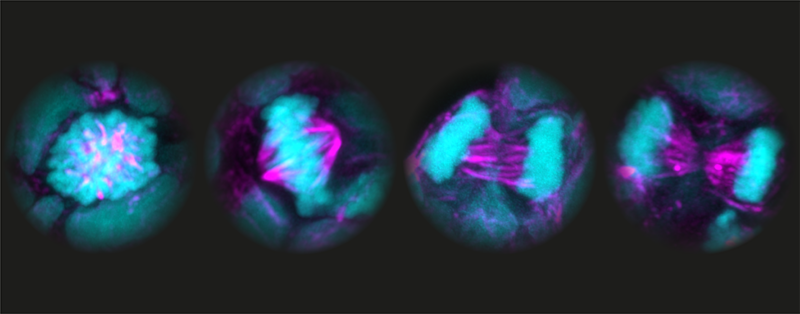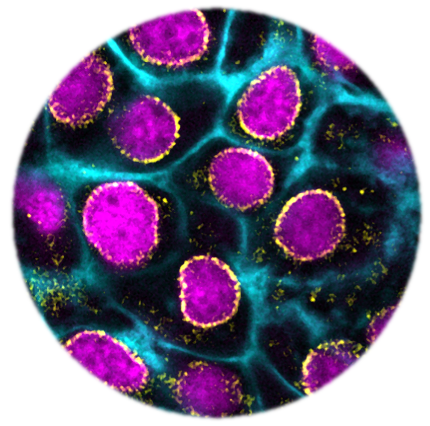Our laboratory uses zebrafish to find genes that are crucial for the growth and survival of rapidly multiplying cells during the development of the zebrafish digestive system. We then test if these genes are also used by cancer cells to grow and survive.
We found a couple of genes that are essential for the growth of many cancers, including hard-to-treat ones like lung, liver, stomach, and bowel cancer. These types of cancer cause almost half of all cancer deaths worldwide, so we urgently need new treatments.
Our current focus is to discover drug-like compounds that can disable these genes in cancer cells without harming healthy ones. We have partnered with a European pharmaceutical company to speed up this process by screening hundreds of thousands of chemical compounds to find potential drugs. This approach has been successful in the past, and we hope it will lead to the development of effective cancer treatments.









